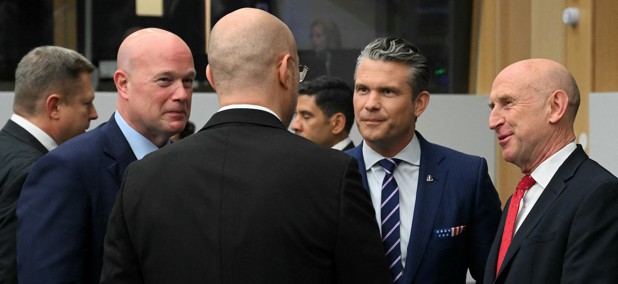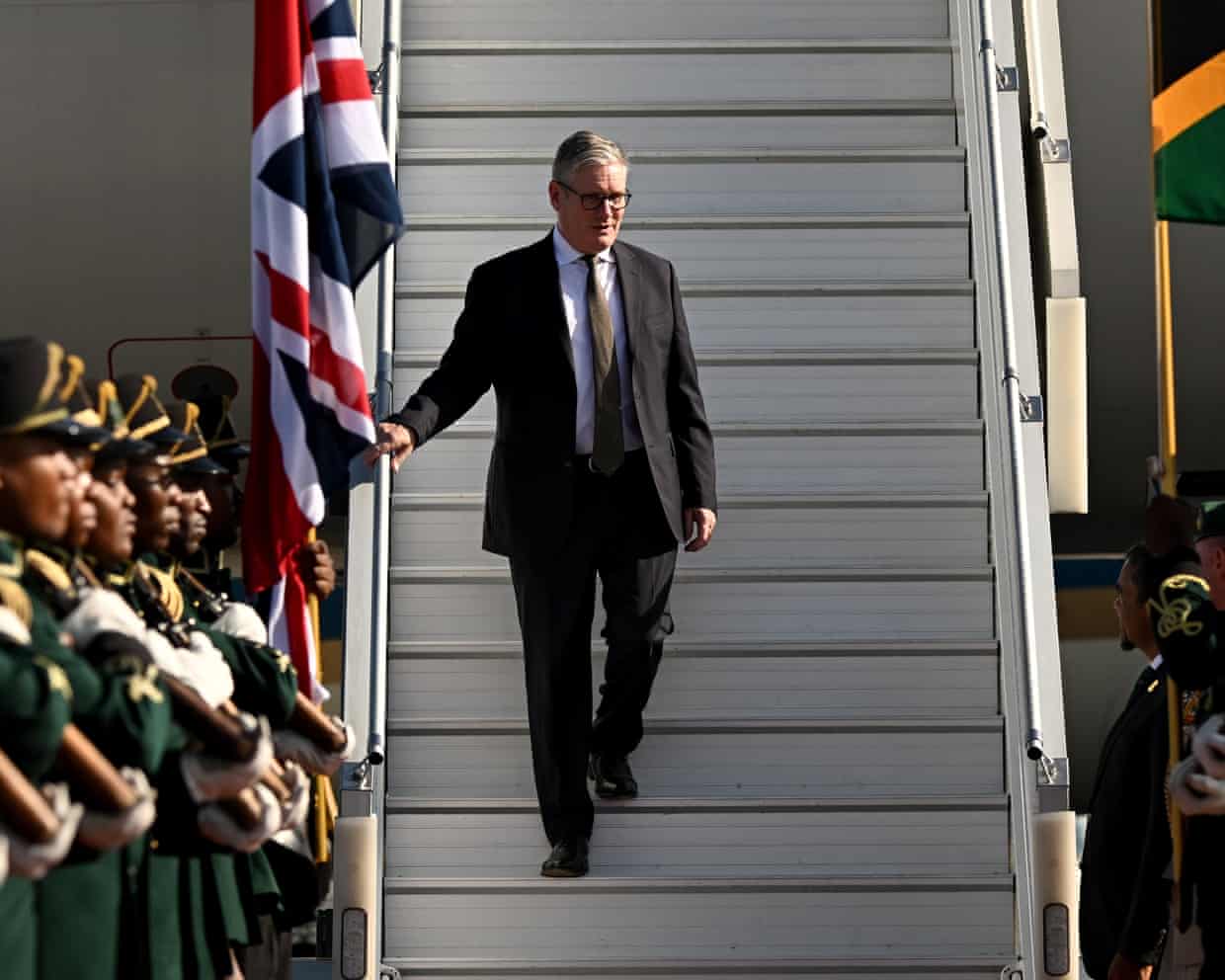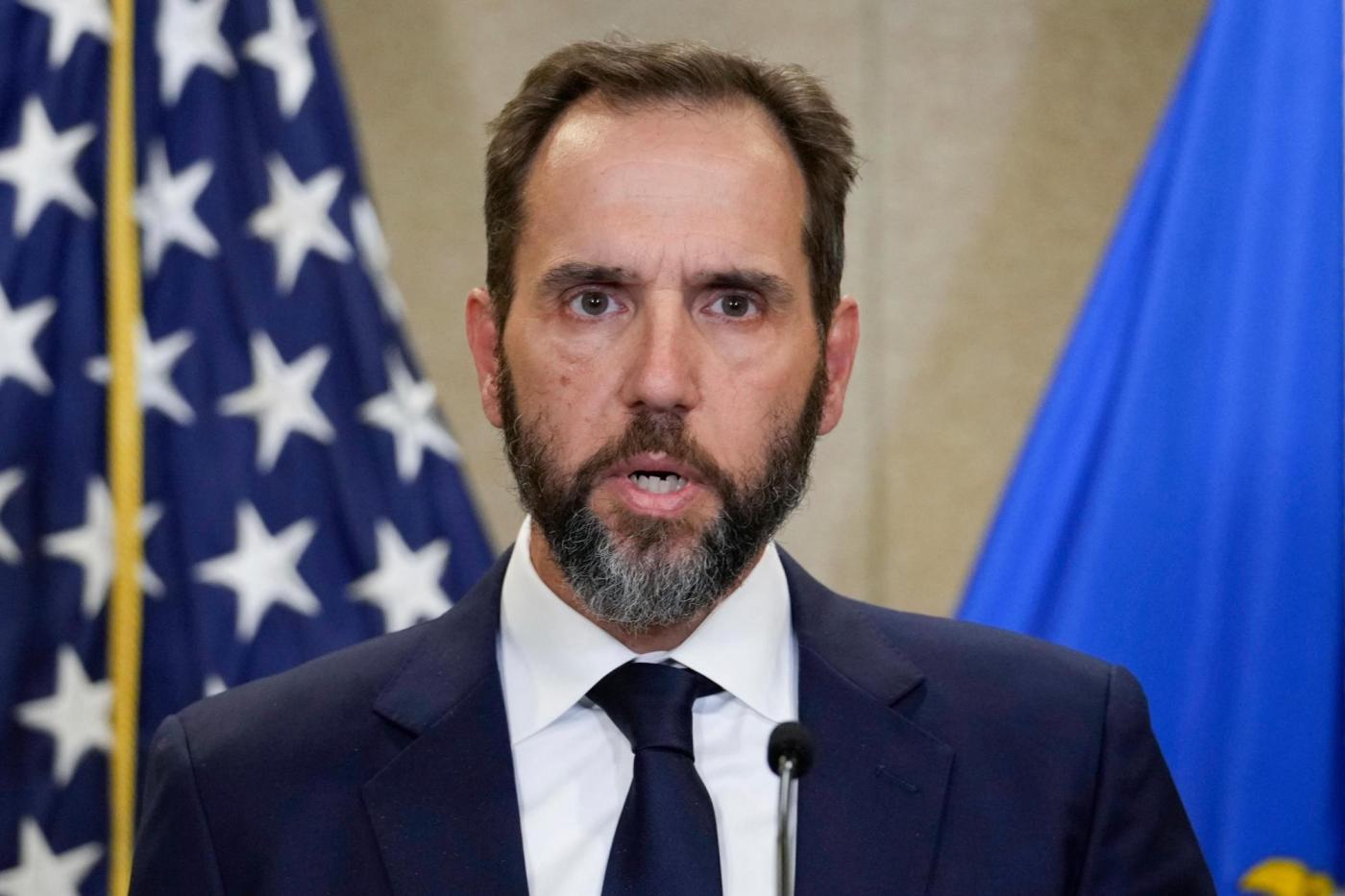Defense Secretary Pete Hegseth is set to address proposed acquisition reforms at the National War College on November 7, 2023. His upcoming speech has attracted considerable interest from a diverse range of companies, all eager to enhance their sales opportunities with the Pentagon. The attendee list includes both well-established defense contractors and emerging technology firms, indicating a broad industry engagement in the anticipated reforms.
A draft memo detailing some of Hegseth’s proposed changes has been circulating among senior Pentagon leaders, combatant commanders, and defense agency directors. This six-page document, obtained by Defense One, highlights critical issues such as “unacceptably slow acquisition fielding times.” It suggests a significant shift in how the Pentagon approaches procurement, favoring smaller, more agile contracting vehicles over traditional large-scale programs that have historically characterized defense acquisitions.
The list of invitees features prominent defense contractors, including Lockheed Martin, Northrop Grumman, General Dynamics Information Technology (GDIT), and Boeing. Notably, it also includes newer entrants like Shield AI, which specializes in drone technology and autonomy software, and Anduril Industries, known for its innovative drone solutions. These companies have been actively collaborating with Ukrainian forces, adapting drone designs and operational tactics at a pace that contrasts sharply with the slower processes typically associated with established defense firms.
The attendee list extends beyond traditional defense contractors to include major technology players such as Google, Microsoft, Amazon Web Services (AWS), and Oracle. These firms are integral to the Pentagon’s $9 billion Joint Warfighting Cloud Capability contract, which seeks to enhance military capabilities through advanced cloud computing solutions. Additionally, Palantir Technologies, known for its data analytics expertise, is among the invited guests, reflecting the increasing importance of data-driven decision-making in defense operations.
Among the notable invitees is Anthropic, an artificial intelligence company that, along with Google Cloud and others, received $200 million from the Pentagon in July for AI research initiatives. The presence of Meta, the parent company of Facebook, further emphasizes the growing intersection of defense and cutting-edge technology sectors.
As the event approaches, expectations among attendees suggest that Hegseth’s address will serve as a “listening session” rather than a formal presentation, akin to his previous speech delivered to military leaders in September. The anticipation surrounding this session underscores the critical nature of defense acquisition reforms and their potential to reshape the landscape of military procurement.
Hegseth’s proposed changes aim to streamline processes, enhance efficiency, and ultimately modernize the Pentagon’s approach to acquiring the necessary technologies and equipment to maintain national security. The outcome of this initiative could have significant implications for both established defense firms and emerging tech companies, as they navigate this evolving procurement environment.
In conclusion, Hegseth’s upcoming speech on November 7 promises to be a pivotal moment for the defense industry, drawing attention from a wide array of stakeholders eager to adapt to a changing landscape of military acquisitions. The engagement of both traditional contractors and innovative technology firms highlights the urgent need for transformation within the Pentagon’s procurement practices.







